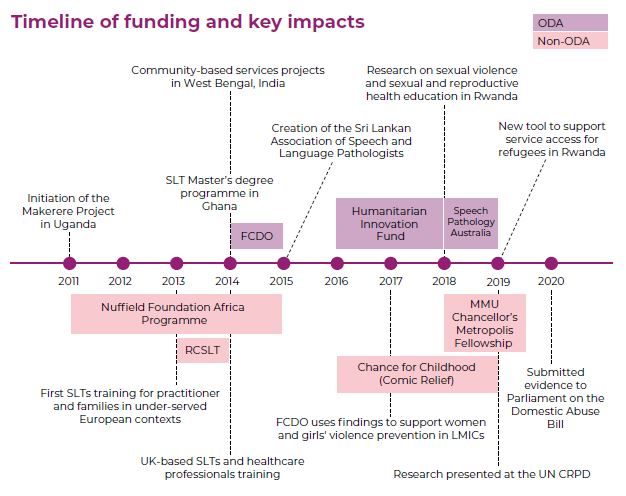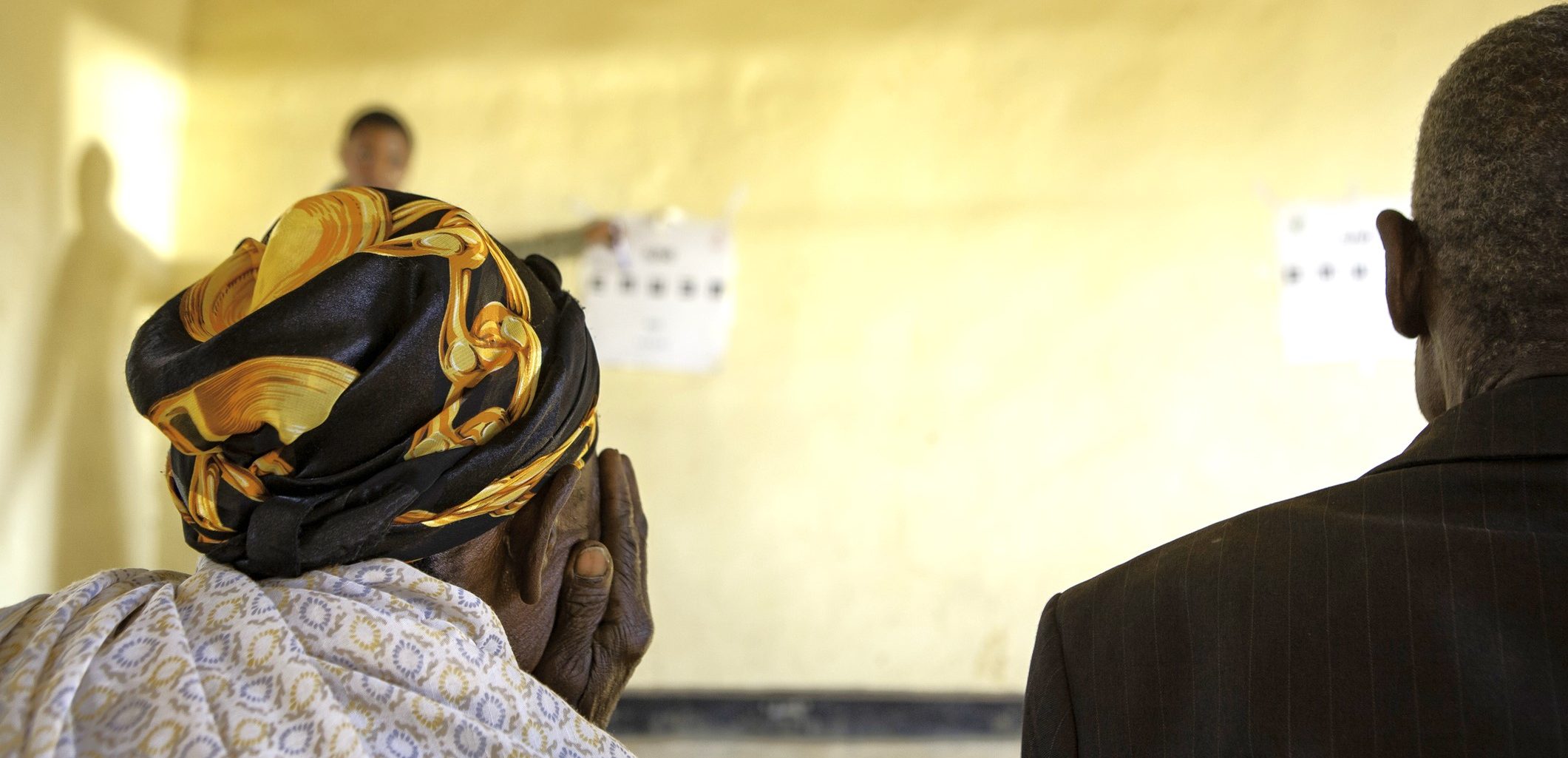How Speech and Language Therapy (SLT) improved policy and training in Africa, Asia and the UK
| Leading University | Manchester Metropolitan University |
| Location of impact | Ghana, India, Kenya, Rwanda, Sri Lanka, Uganda, and UK |
| Thematic focus | Clinical Sciences, Specialist Studies in Education, Cognitive Sciences |
| Funders | In the UK: Comic Relief, Foreign, Commonwealth & Development Office (FCDO), Enhancing Learning and Research for Humanitarian Assistance (Elhra), Nuffield Africa Foundation, RCSLT |
| Partners | In Ghana: University of Ghana. In India: Indian Institute of Cerebral Palsy. In Kenya: Chance for Childhood (NGO), Yellow House Kenya. In Rwanda: UNHCR and implementing partners. In Uganda: Association of Speech and Language Therapists in East Africa, Makerere University. In Sri Lanka: SLT Professional Association, University of Kelaniya. Global: Communication Therapy International |
Case study summary
Addressing the needs of individuals with communication and profound intellectual disabilities has led to far-reaching positive outcomes thanks to research led by the Manchester Metropolitan University (MMU) in collaboration with multiple local institutions in Africa and Asia. Part of this research was also supported by the Royal College of Speech and Language Therapists (RCSLT). MMU’s research focused on improving the provision and sustainability of low-cost interventions in speech and language therapy, including new therapeutic approaches, training programmes, and other mentoring initiatives. This has resulted in better care and quality of life for individuals with communication and profound intellectual disabilities in Africa, South Asia and Europe. In the UK, the research findings also played an important role in developing training for healthcare workers and shaping policies that improved access to support services for refugees with communication disabilities. The research influenced policy and funding on the prevention of violence against women and girls with disabilities in humanitarian contexts.
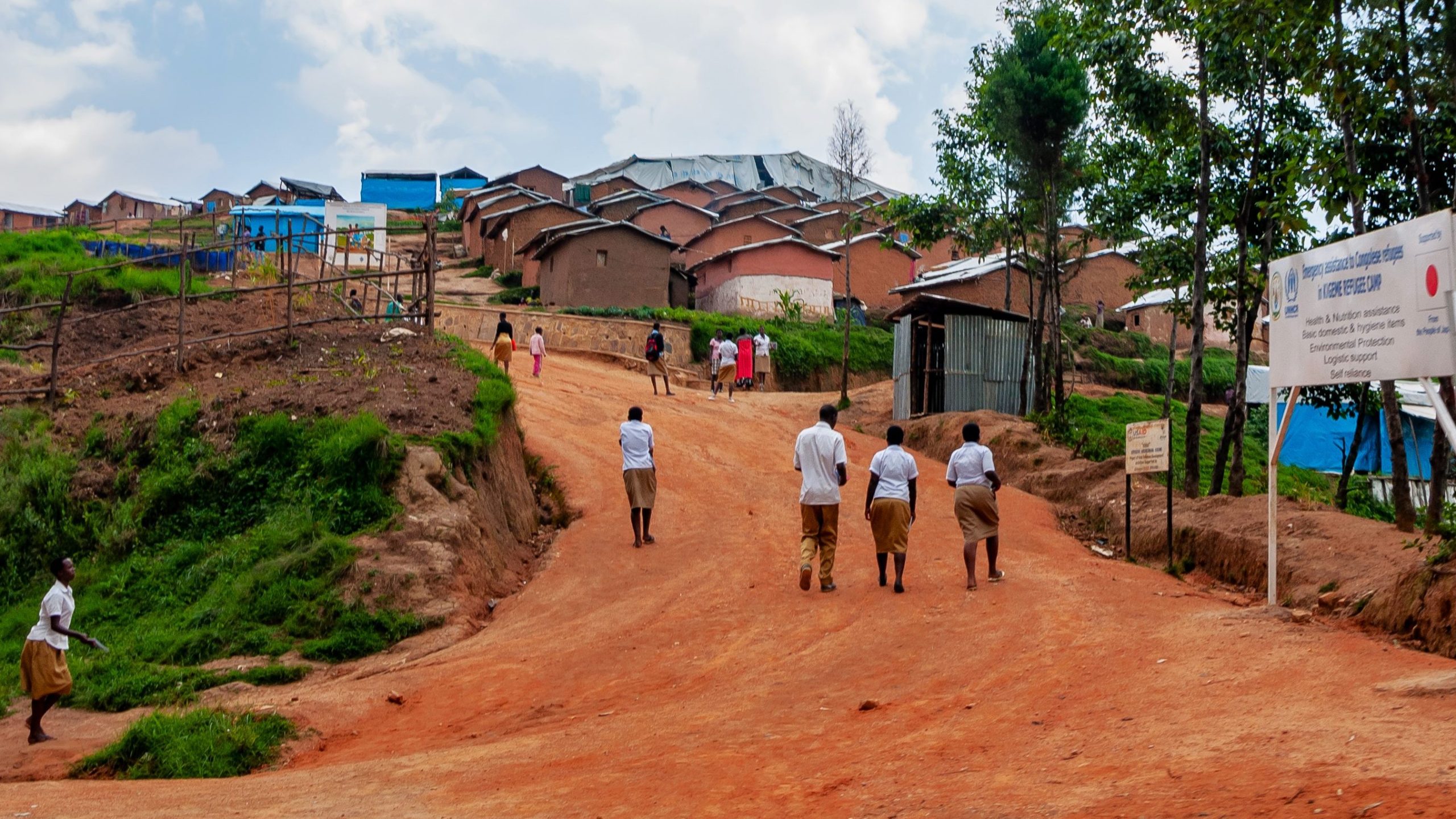
Primary benefits in Asia and Africa
Improved access to support services
In the informal housing settlements of West Bengal, India, research enhanced community-based services through individualised home-based interventions for 311 people with disabilities and 293 low-income families. These were implemented by 11 partner organisations between 2014 and 2019. The research also led to refined training programmes for community members and field workers, boosting their skills so they could better support people with disabilities and their families and bolster their social inclusion.
Establishing the SLT profession
Since 2011, the Uganda-based Makerere project provided mentoring for graduates of the first SLT university degree in East Africa. Lessons from the Makerere project influenced the University of Ghana’s new SLT master’s degree. The number of SLT specialists also grew in Sri Lanka (from 1 SLT specialist in 1988 to 300 in 2019), where the research team supported the creation of the Association of Speech and Language Pathologists.
Screening for refugees with communication disabilities
In collaboration with the United Nations Refugee Agency (UNHCR) and the Rwandan refugee community, researchers developed training to improve the capacity of UNHCR Rwanda staff to identify and assist refugees with disabilities. This effort resulted in a new screening tool created by an MMU PhD student which was implemented in two camps and two urban areas. The tool enhanced operational procedures for identifying communication disability and improving service access.
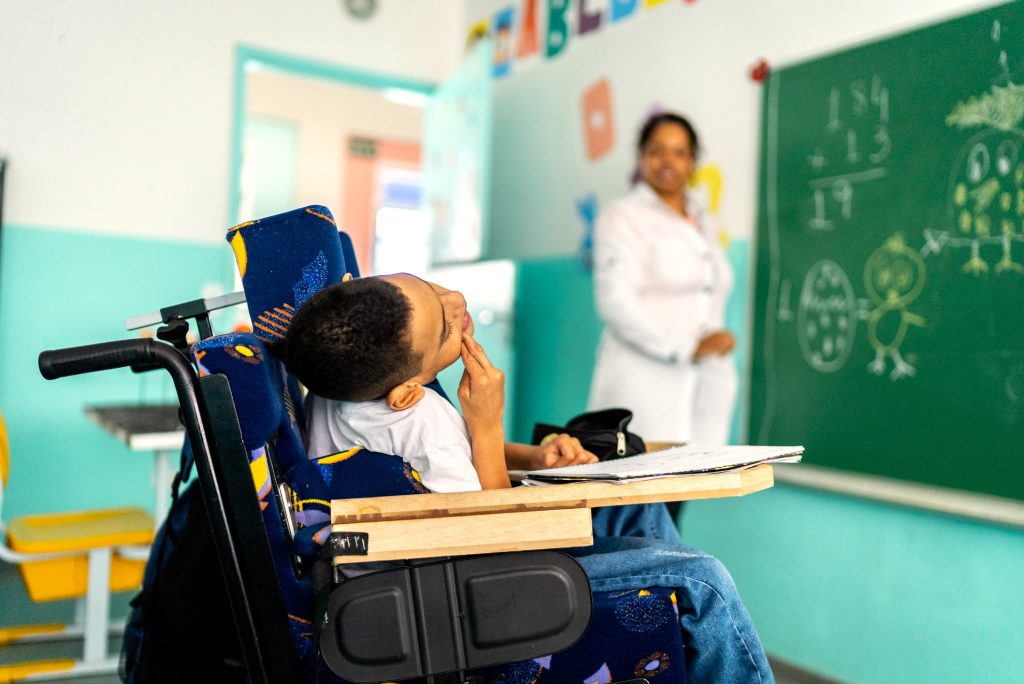
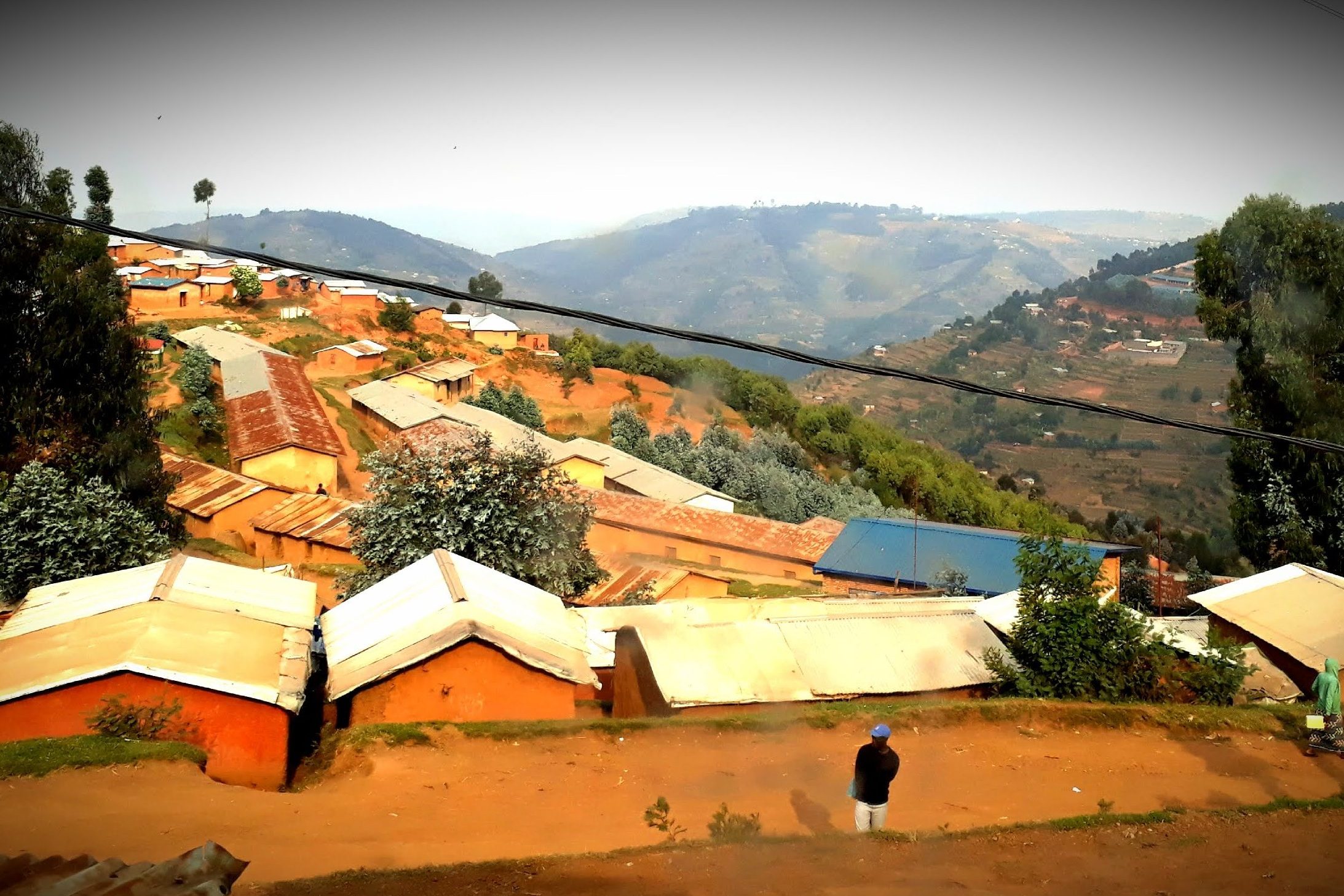
Secondary benefits for the UK and globally
Professional training and mentoring
From 2014 to 2019, research experiences in Africa shaped the training of over 500 UK-based SLT practitioners and other healthcare professionals via Communication Therapy International, an RCSLT Clinical Excellence Network. In 2019, MMU delivered training for 115 health professionals focused on using lessons from LMICs to create culturally relevant services in the UK. Similarly, since 2013 MMU has also trained 1500+ practitioners and family members on techniques and low-cost SLT interventions for underserved context in several European countries.
Influence on legislation and policy
Research findings on the causes of communication disabilities were used in 2020 by the RCSLT to provide evidence for the UK’s Domestic Abuse Bill, particularly in issues surrounding the impact of domestic abuse on children’s speech, language and communication. Similarly, MMU’s findings on communication disabilities were used by the FCDO-funded What Works global programme in 2017 to expand the evidence base on preventing violence against women and girls with disabilities in LMICs and provide recommendations for future research, evaluations and development programmes.
Global visibility of the UK’s research excellence and real-life applicability
MMU’s findings were reported by RCSLT at the 12th Session of the UN Conference of State Parties to the Convention on the Rights of Persons with Disabilities (CRPD) to promote knowledge exchange and capacity building on a global scale.
How secondary benefits unfolded
- Feedback and challenges faced in Africa and Asia during the research process led to capacity strengthening in LMICs and in the UK. Lessons from LMIC-based initiatives informed training that was considerate of culture and context-specific elements for both formal degree programmes in LMICs and UK-based practitioner training.
- The RCSLT provided input on the Domestic Abuse Bill, drawing on their established expertise in communication disabilities and incorporating research findings from MMU. RCSLT’s presentation at the UN CRPD increased recognition for UK-led initiatives on the issue.
- Although challenges related to SLT are not widely recognised and there is limited investment in tackling them, having diverse funding sources allowed the research team to broaden the scope of their study and share the results more widely.
